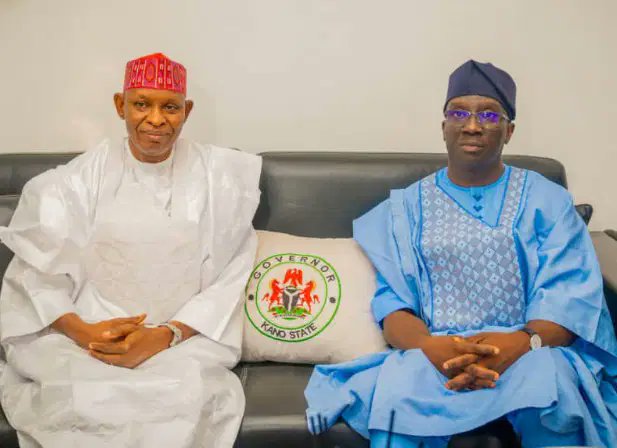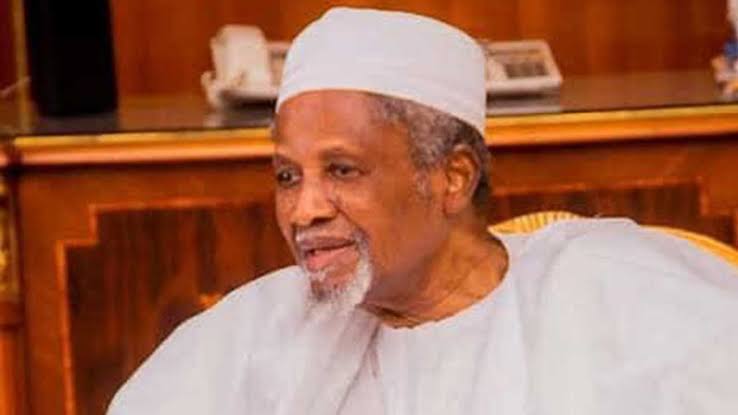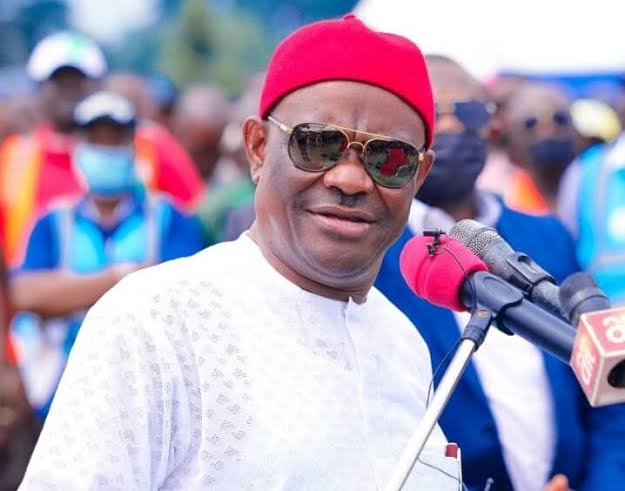
BREAKING: FG, Edo State Launch Joint Probe into Shocking Killing of 16 in Uromi

In a rapidly unfolding and deeply disturbing development, the Federal Government of Nigeria and the Edo State Government have jointly announced the formation of a high-powered fact-finding committee to investigate the circumstances surrounding the brutal killing of sixteen individuals in Uromi, Esan North-East Local Government Area of Edo State. The victims, who were reportedly hunters, were found dead under mysterious and violent conditions that have sent shockwaves through the community and the nation at large.
The grim discovery was made earlier this week, triggering widespread outrage, panic, and calls for justice from residents, rights groups, and political figures. Local reports indicate that the hunters had ventured into the bush for a routine expedition and did not return. Days later, their bodies were discovered in what sources describe as a coordinated and premeditated massacre. While details remain sketchy and conflicting narratives have emerged, the scale and nature of the killings have raised serious questions about security, inter-community relations, and potential criminal or insurgent activity in the region.
Following initial reports, tension quickly escalated in the area, with grieving families demanding answers and angry youth calling for swift government intervention. The local government, already overwhelmed by the gravity of the incident, reached out to the state authorities, prompting a swift response from Governor Godwin Obaseki, who immediately called for calm and assured citizens that the state would get to the bottom of the matter.
In a press briefing held late Thursday evening, the Governor announced that a joint committee has been established in partnership with the Federal Government to carry out a thorough, unbiased, and transparent investigation. The committee will comprise security experts, community leaders, forensic analysts, human rights advocates, and representatives from both state and federal ministries of justice.
According to insiders familiar with the structure of the committee, the mandate includes determining the identity of the perpetrators, understanding the motive behind the killings, assessing possible lapses in local security, and recommending long-term strategies to prevent future tragedies of this nature. There will also be a focus on interviewing eyewitnesses, gathering forensic evidence, and reviewing mobile surveillance footage from nearby locations—if available.
Speaking during a media briefing in Abuja, Minister of Interior Olubunmi Tunji-Ojo confirmed the Federal Government’s full cooperation and commitment to unraveling the truth behind the massacre. “We are deeply troubled by this tragic loss of life. The Federal Government stands in solidarity with the people of Edo State, and we will leave no stone unturned in ensuring justice is served. The lives lost were innocent Nigerians who must not die in vain,” he stated.
Meanwhile, public reactions continue to pour in from across the country. Civil society organizations, including Amnesty International Nigeria, have condemned the killings and demanded transparency in the investigation. “We cannot afford to allow another case of mass killing to be swept under the rug. The families of the deceased deserve closure, and the Nigerian people deserve answers,” said Osai Ojigho, Country Director for Amnesty Nigeria.
On social media, Nigerians expressed outrage and sorrow, using hashtags like #UromiMassacre and #JusticeForThe16 to amplify the tragedy. Many questioned the increasing spate of violence in rural communities and the seeming lack of intelligence-led policing to curb such incidents. Others called on the National Assembly to probe the root causes of escalating rural insecurity, especially in the Middle Belt and Southern Nigeria.
In Uromi town, the atmosphere remains tense. Residents have held vigils for the slain hunters and placed symbolic black flags along the main road as a sign of mourning. Schools and businesses remained closed for days following the news, and traditional leaders have called for community prayers and peace walks to avoid retaliatory violence or further escalation.
Local security operatives, in collaboration with vigilante groups, have intensified patrols around the surrounding forested areas in an effort to prevent further attacks. Sources in the Edo State Police Command confirmed that an initial team of detectives has already commenced evidence collection and early interviews with residents and family members of the victims.
Though authorities have not confirmed the motive or the identity of the assailants, some community members suspect the involvement of herder-militia or criminal syndicates operating in the vast forests that border several communities in Edo. Others have raised concerns about possible land disputes or economic sabotage linked to local hunting groups and resource control.
Governor Obaseki has appealed to residents not to jump to conclusions or take the law into their own hands, stressing that the committee's work will be comprehensive and rooted in verifiable facts. He promised that anyone found culpable, regardless of status or affiliation, will face the full weight of the law.
The Inspector General of Police, Kayode Egbetokun, has also weighed in, directing the deployment of additional tactical units to the area and calling for maximum cooperation between the local population and law enforcement. “Security is a shared responsibility. We urge citizens to remain calm and report any suspicious movement or persons to the nearest authorities,” he said.
As the committee prepares to commence its fieldwork, the country watches closely. For many, this investigation represents a test case in how Nigeria handles mass killings outside the high-profile urban centers. It is also a chance for the government to restore public trust in its ability to protect lives, ensure justice, and maintain order amid increasing insecurity.
Funeral arrangements for the victims are currently underway, and community leaders have indicated plans to erect a memorial site in honor of the fallen. Meanwhile, several families are still in shock, grappling with the reality of losing their sons, brothers, and fathers in what they believed would be a normal day of hunting and livelihood.
The pain is raw, the grief is heavy, and the demand for justice is louder than ever. As the fact-finding committee begins its mission, Nigerians are holding their breath, hoping that for once, accountability won’t be a casualty in the wake of tragedy.


